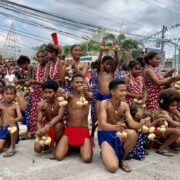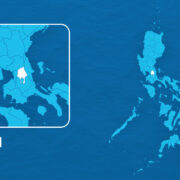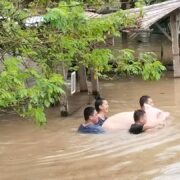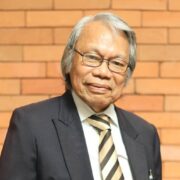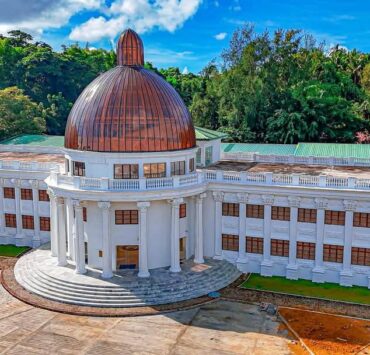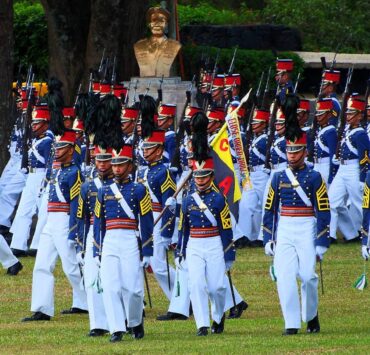Activists unveil ‘Baguio’s people’s agenda’ for bets in May polls
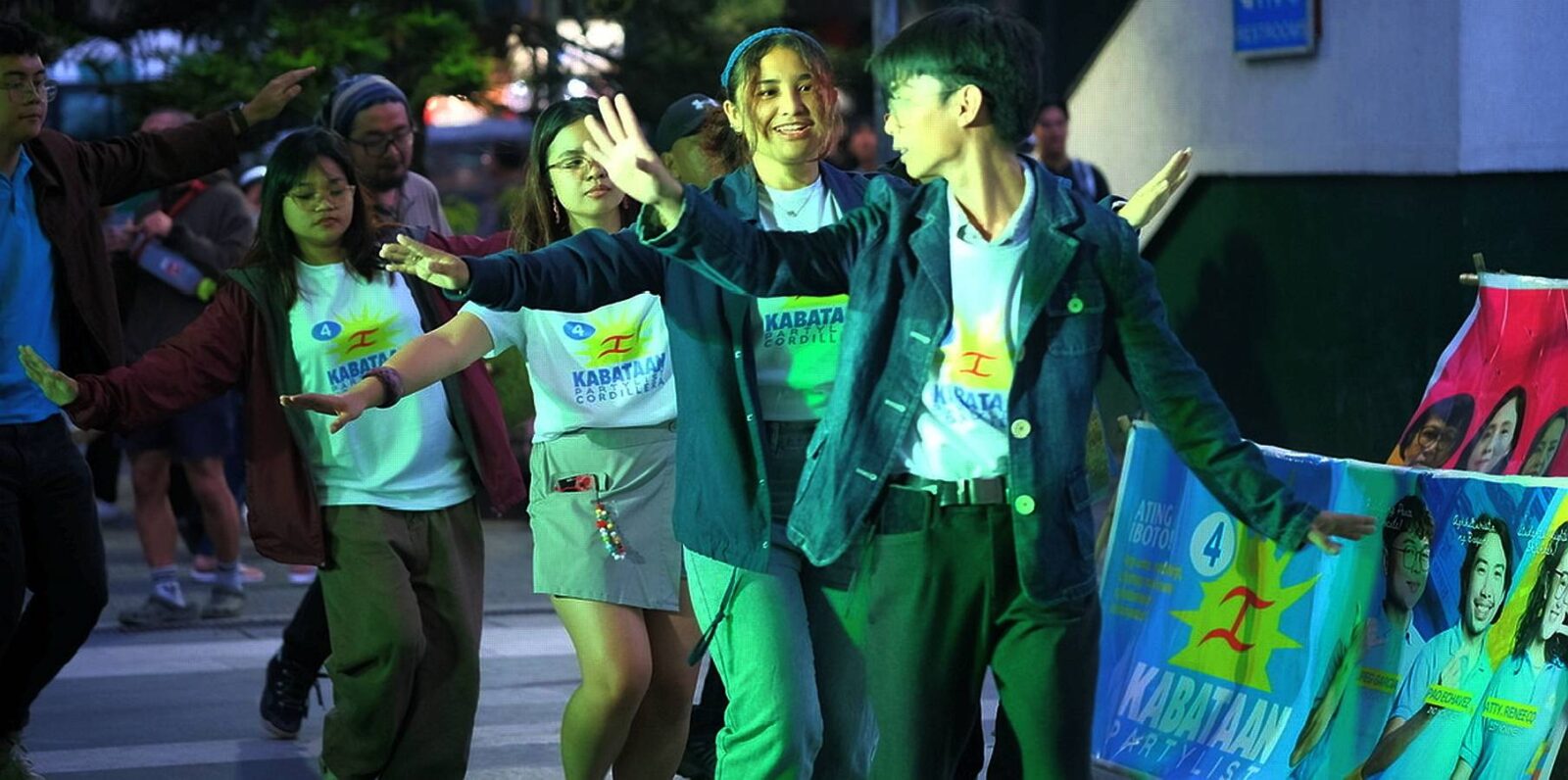
BAGUIO CITY—Activists here released the “Baguio People’s Agenda,” calling on local candidates in this year’s midterm elections to address the city’s complex land issues—including Ibaloy ancestral land rights—and ensure the full implementation of the Human Rights Defenders Ordinance, which penalizes Red-tagging.
The agenda was drafted by Tongtongan ti Umili, an affiliate of the Cordillera Peoples Alliance (CPA), and was partially presented by Kabataan party list nominee Gabriel Siscar during the Baguio launch of the Makabayan campaign on Feb. 11.
It urged both reelectionists and aspiring city officials to prioritize social justice and advocate for the rights and welfare of marginalized communities in Baguio.
“The complicated land and housing situation [in Baguio] is a major problem. National government reservations dating back to the colonial period occupy large tracts of land in this land-scarce city,” the document read.
It added: “This has resulted in large landholdings by religious convents and the establishment of vast vacation compounds owned by big corporations and the wealthy elite. Unresolved ancestral land claims further complicate the process of securing land titles, as applicants for townsite lands must obtain waivers from ancestral land claimants.”
Overlapping claims
According to the groups, there are competing land uses and overlapping claims on limited land on top of the issue of conflicting tie lines and overlapping surveys.
“The local government must take a more proactive role in resolving the city’s convoluted land problems and should not abdicate its responsibility to national entities such as the Department of Environment and Natural Resources (DENR) and the National Commission on Indigenous Peoples (NCIP),” they said.
Baguio is one of the first townsite reservations established by the American colonial government, designed to populate the summer capital, which was developed and opened in 1909.
As a townsite, real estate was acquired through land auctions, a system still administered today by a joint committee representing the Baguio government and the DENR.
Because of Baguio’s townsite status, its Ibaloy residents have been excluded from the land titling benefits provided under Republic Act No. 8371, or the Indigenous Peoples’ Rights Act (Ipra).
During a joint session on Jan. 13, the city council and the NCIP pushed for the repeal of Ipra’s Section 78, which exempts Baguio from NCIP jurisdiction.
An analytical study of Baguio’s legal history, conducted by Ibaloy lawyer and Councilor Peter Fianza and presented in a privilege speech last month, concluded that land registration policies under both Spain and the United States effectively “legislated the Ibaloys out of their lands.”
Inclusive city
Beyond land concerns, the agenda urges elected officials to strengthen Baguio’s status as an inclusive human rights city by enforcing the Human Rights Defenders Protection Ordinance, which also penalizes the suppression of basic freedoms.
It also called for upgrading the city’s Anti-Discrimination Ordinance to better protect marginalized sectors, including Indigenous Peoples, women, children, LGBTQ+ individuals, senior citizens, and persons with disabilities.
Additionally, the agenda asks the city government to establish a human rights coordinating mechanism involving all stakeholders and to create more free spaces for the public exercise of democratic rights and fundamental freedoms.
Some Indigenous Cordilleran activists who filed lawsuits against the government for labeling them as terrorists spearheaded the Baguio rally supporting the agenda. Among them were Windel Bolinget, chair of the CPA, and Stephen Tauli, brother of former United Nations Special Rapporteur on the rights of indigenous peoples, Victoria Tauli-Corpuz.

